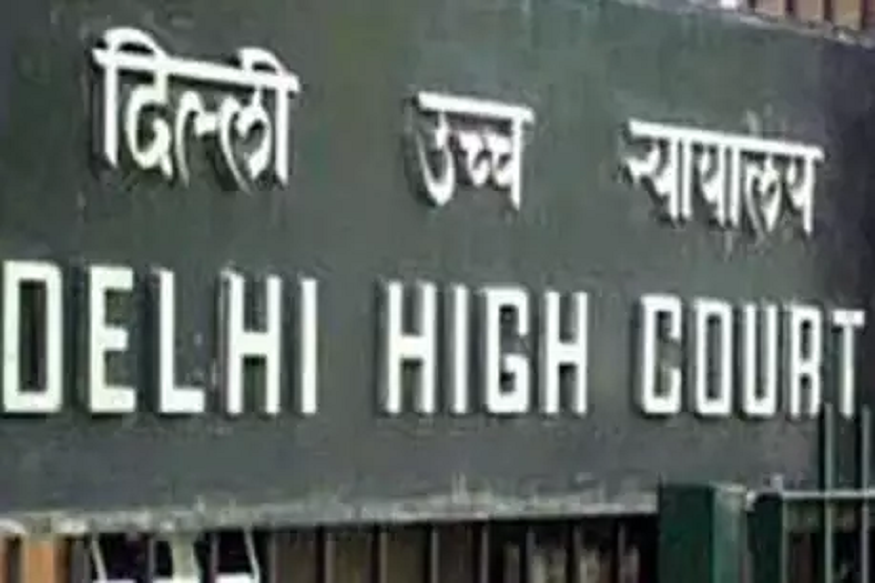On Wednesday, the Delhi High Court imposed a stay on the recruitment process for two teaching positions at Jawaharlal Nehru University (JNU). This development has implications for the university’s academic staffing and its ongoing educational programs. The court’s decision underscores the regulatory oversight of recruitment in prestigious educational institutions and raises questions about the adherence to proper procedures in hiring practices.
Background of the Recruitment Process
JNU is one of India’s leading universities, known for its rigorous academic environment and research output. The recruitment process for teaching positions is meticulously structured and involves multiple stages, including applications, interviews, and evaluations. The recent halt ordered by the Delhi High Court has raised concerns regarding the transparency and legality of this specific hiring procedure.
Reason for the Court’s Intervention
The Delhi High Court’s intervention was prompted by allegations regarding irregularities in the recruitment process. While the specifics of these allegations have not been publicly detailed, they highlight the critical need for maintaining integrity and fairness in academic hiring practices. Ensuring a transparent selection process is essential not just for the reputation of the university but also for the quality of education provided to students.
Implications of the Stay Order
This stay order affects the academic timeline at JNU, particularly concerning course offerings and faculty availability. Delays in filling teaching positions may lead to increased workloads for existing faculty members and potentially impact the student learning experience. Additionally, it raises broader questions about staffing policies within universities across India.
Comparative Analysis of Academic Recruitment Processes in India
| University | Recruitment Process | Recent Issues |
|---|---|---|
| Jawaharlal Nehru University (JNU) | Regular postings, interview panels, merit-based selection | Current stay order by Delhi High Court |
| University of Delhi | Online applications, screening committees, selection by academic council | Recent discrepancies in interview evaluations |
| Indian Institute of Technology (IIT) | Candidate evaluation, peer reviews, departmental recommendations | Inconsistent application processes across departments |
Future Directions
The stay order serves as a reminder for higher education institutions to adhere closely to established recruitment regulations. There is a pressing need for universities to review and possibly reform their hiring practices to prevent similar issues in the future. Such reforms could include more robust checks and balances, documented procedures, and enhanced transparency in the selection process.
Conclusion
The stay imposed by the Delhi High Court on the recruitment process at JNU highlights the challenges faced by educational institutions in maintaining fair hiring practices. Proper and transparent recruitment protocols are vital for academic integrity and the overall quality of education. As the university navigates this complex situation, it may serve as a pivotal moment for strengthening recruitment policies, not just at JNU but across all higher education institutions in India.
